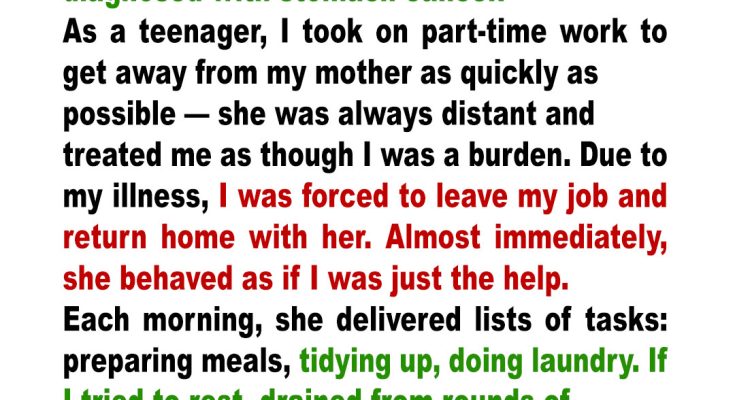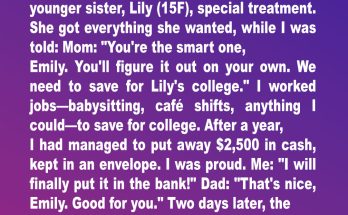When cancer forced me to move back into my mother’s house, I thought she’d help me through treatment. Instead, she handed me a daily task list, stole my food benefits, and sold my car without asking. I was too sick to fight back until my friend saw what was happening and refused to let it continue.
I’m 24 years old, and I’ve been battling stomach cancer for the past eight months. The diagnosis came on a random Tuesday afternoon, delivered by a doctor who looked almost as shocked as I felt.
One moment, I was a healthy young woman with a decent job and my own apartment. Next, I was staring at test results that flipped my entire world upside down.
For years, I’d lived on my own, far away from my mother. We never had a good relationship. Even when I was a teenager, I worked part-time jobs after school, saving every penny I could to escape.
The coldness in her voice, the way she always made me feel like an inconvenience, like I was something she had to tolerate rather than love… it wore me down. The day I turned 18 and moved into a cramped studio apartment with a leaky faucet felt like freedom.
But cancer doesn’t care about your independence or your plans.

A young woman standing near a window | Source: Midjourney
The medical bills started piling up immediately. My health insurance covered some of the chemotherapy, but not nearly enough. There were co-pays, medications, special foods I needed to keep down, and transportation to appointments three times a week.
I tried to keep working, but the exhaustion hit me hard. Some days, I couldn’t get out of bed. Other days, I made it to work only to spend my lunch break vomiting in the bathroom.
Eventually, I had no choice but to quit. Without my income, the rent became impossible. My savings evaporated in weeks. I sold my furniture, my TV, and anything I could part with.
But it wasn’t enough.

A woman counting money | Source: Pexels
With nowhere else to turn, I packed what little I had left into boxes and moved back into my mother’s house. I was desperate and terrified, but a small part of me hoped that maybe this crisis would bring us closer. Maybe facing my illness together would heal some of those old wounds between us.
I was so wrong.
From the very first week, it became clear that I wasn’t her daughter in her eyes. I was cheap labor. She didn’t ask me to help around the house. Instead, she demanded it.
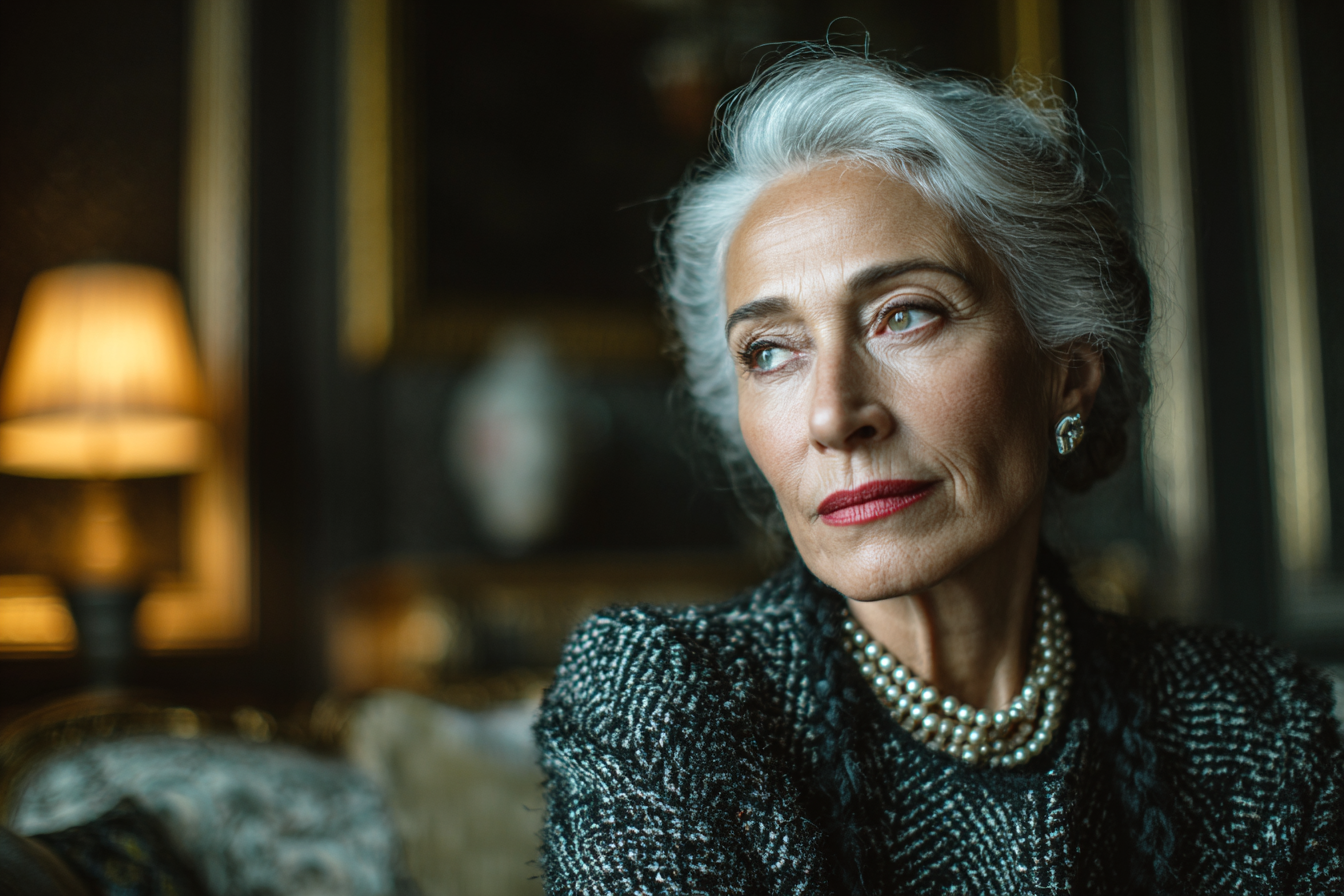
An older woman sitting in her house | Source: Midjourney
Every morning, I’d find a handwritten list taped to the refrigerator, crammed with tasks scheduled out by the hour like I was her employee.
“9:00 a.m. – sweep the kitchen and mop the floors.”
“10:30 – scrub both bathrooms, don’t forget the grout.”
“12:00 – make lunch for me and my book club friends.”
“1:30 – fold all the laundry and put it away.”
“3:00 – start repainting the backyard fence.”
“5:00 – vacuum the entire living room and dust the shelves.”
The lists went on like that until evening, a full day’s work written out in black ink. It didn’t matter that I was sick. It didn’t matter that I had chemotherapy appointments. In her mind, I was home all day, so I should be working.
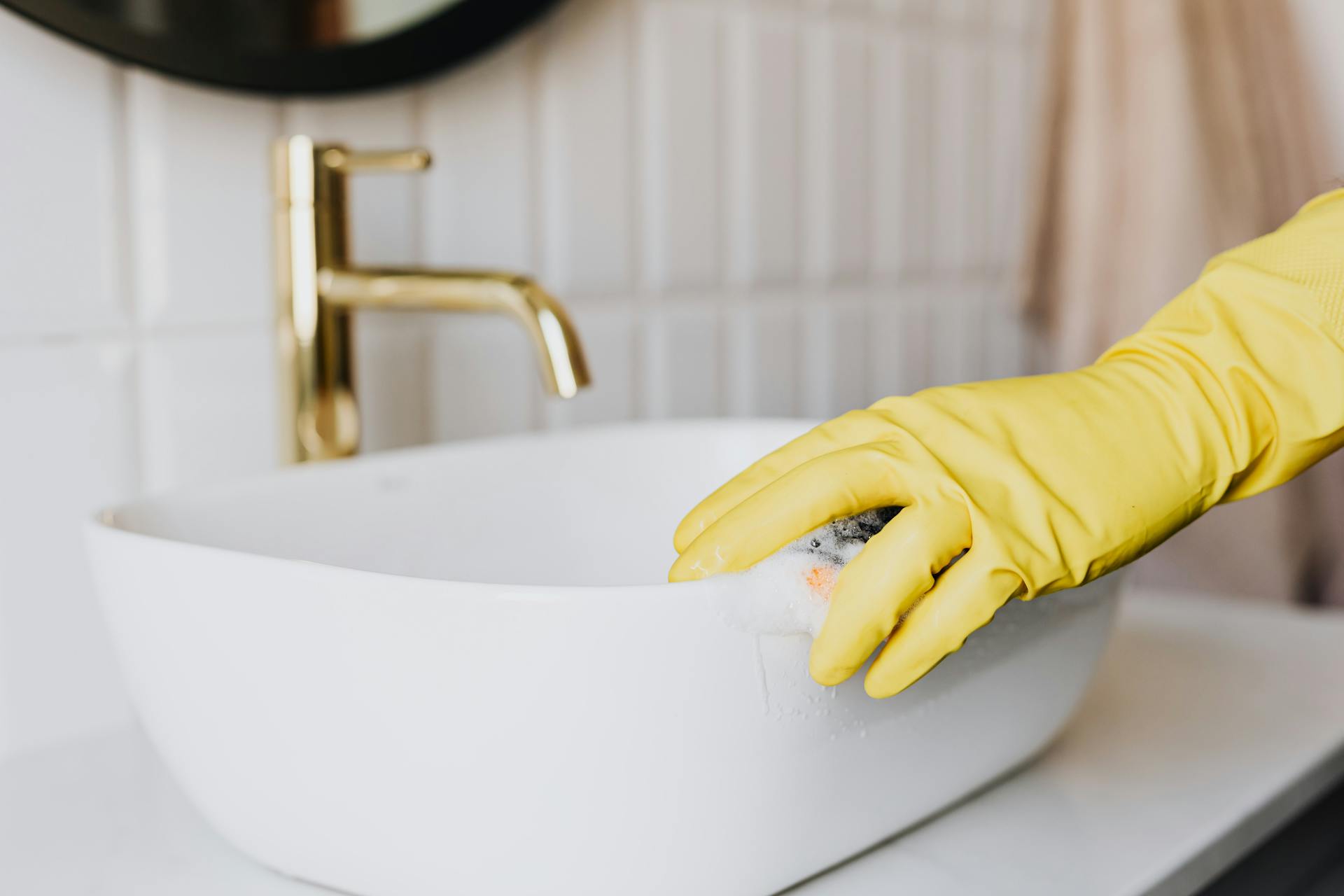
A person cleaning a bathroom sink | Source: Pexels
When I protested, she waved me off with the same dismissive response every time.
“You’re home all day anyway,” she’d say. “What else are you doing? Sitting around feeling sorry for yourself?”
Even on the days when chemo left me so weak I could barely stand, she expected every single task to be completed. If I skipped something or tried to lie down because the nausea was unbearable, she’d accuse me of being lazy.
“Other people work through worse,” she’d say. “You’re not special.”
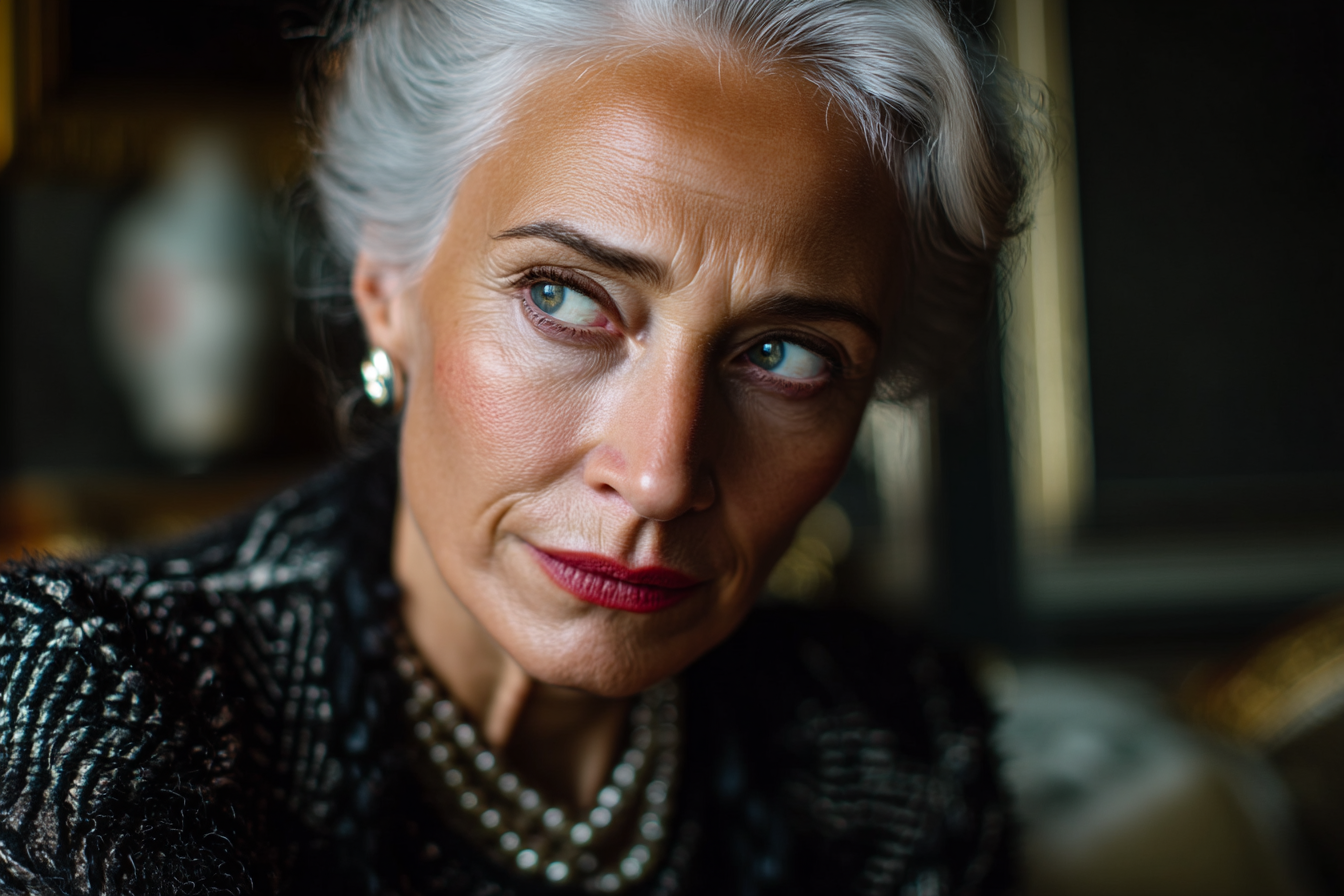
An older woman | Source: Midjourney
Then things got worse. Because of my cancer diagnosis and inability to work, I qualified for SNAP benefits. The EBT card was supposed to help me afford the bland, easy-to-digest foods I desperately needed during treatment.
But my mother had other plans.
“You’re too weak to do the shopping yourself,” she told me, holding out her hand. “You can tell me the PIN, and I’ll manage the card for you. It’s easier that way.”
I agreed, and at first, I was grateful. I was so tired that having one less thing to worry about felt like a relief. But it didn’t take long for me to realize what was really happening.
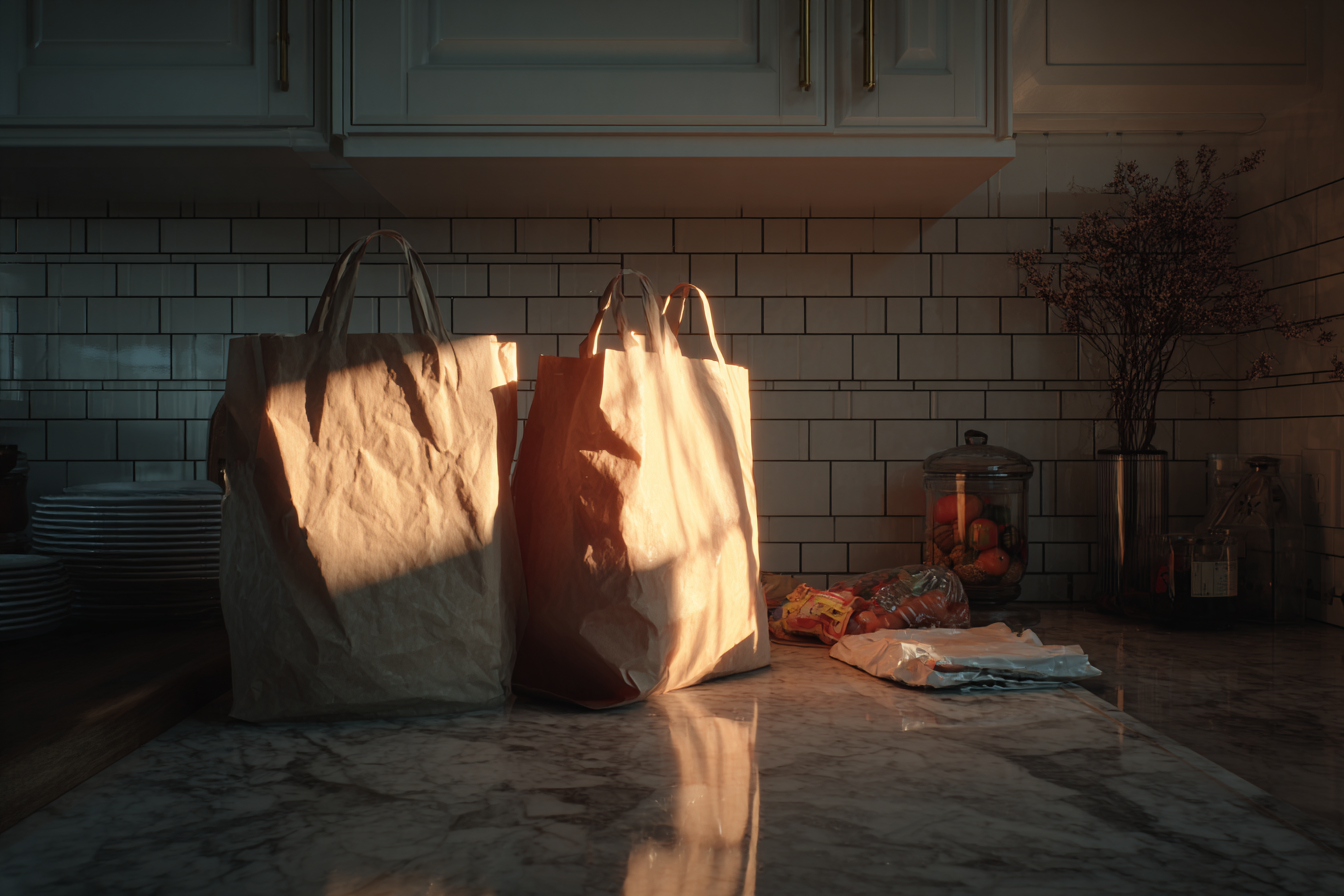
Grocery bags on a kitchen counter | Source: Midjourney
The groceries that appeared in the pantry weren’t for me. They were full of things that I couldn’t eat, like bags of chips, bottles of soda, candy bars, and frozen pizzas. Meanwhile, the plain rice, crackers, and broths I actually needed were nowhere to be found.
When I asked her about it, she shrugged. “I bought what was on sale. Don’t be ungrateful.”
The harassment didn’t stop when I left the house for treatment. Even while I was sitting in the clinic, hooked up to an IV for chemotherapy, my phone would buzz nonstop with texts from her.
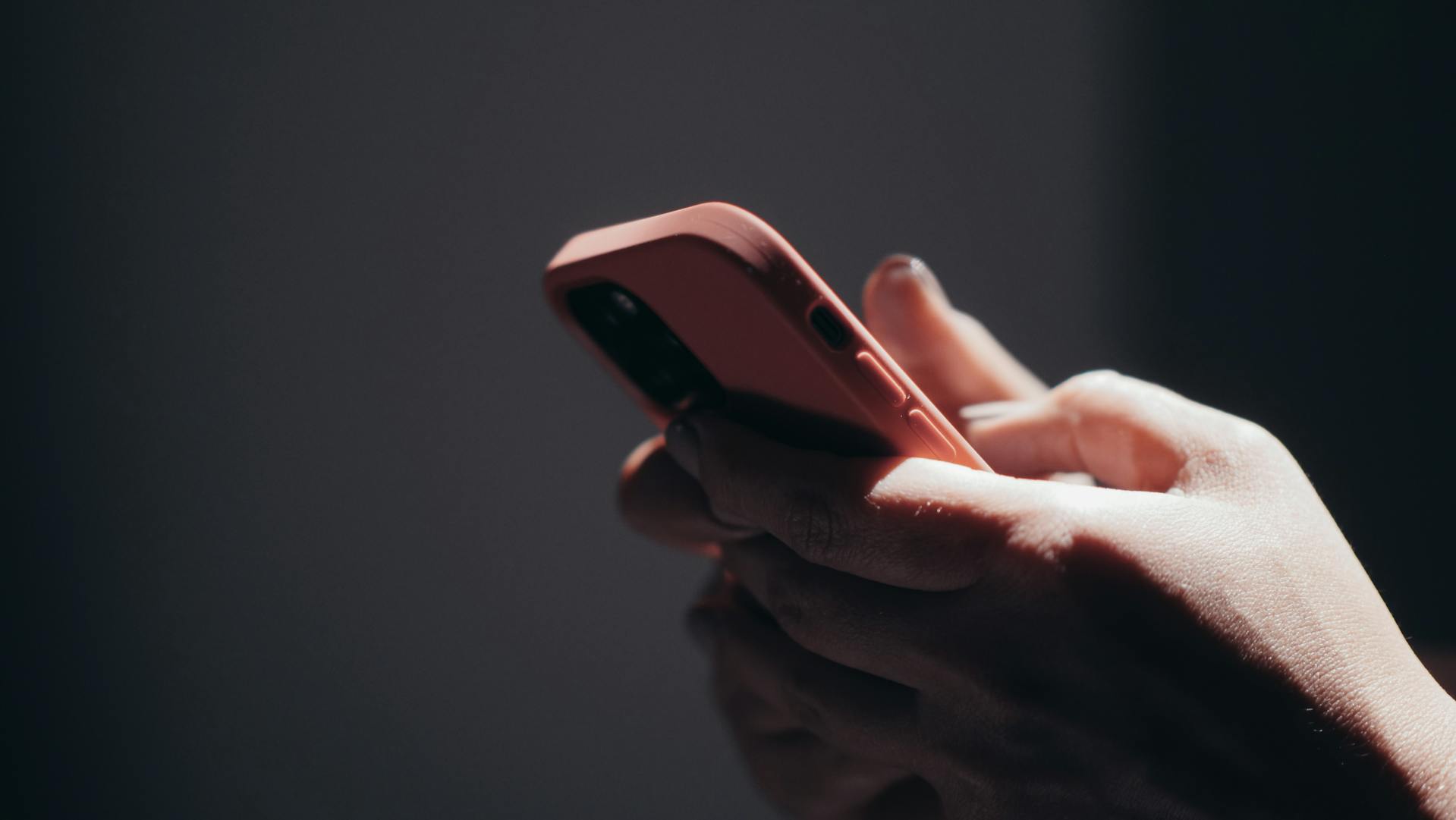
A woman using her phone | Source: Pexels
“Stop at the store on your way home and pick up milk, bread, and those cookies I like.”
“Don’t forget to vacuum when you get back. The living room is a mess.”
“You need to wash my car today. It’s filthy.”
The messages kept coming, one after another, piling on like weights pressing down on my chest. My hands would shake as I read them, the nausea from the chemo mixing with a sick feeling that had nothing to do with cancer.
I tried to push back. “Mom, I’m in chemo right now. I feel awful. I can barely walk to the car afterward.”

A close-up shot of a woman’s eyes | Source: Midjourney
Her response was always the same: cold and dismissive. “Do you remember Mrs. Patterson, who used to live next door? She had cancer too, and she still worked full-time, cleaned her house, and took care of her family. You’re young and strong. You should be able to do the same. Stop making excuses.”
Reading those words while poison dripped into my veins, while my body felt like it was breaking apart from the inside, was like being punched in the stomach. Instead of support, I got lectures. Instead of compassion, I got comparisons to some neighbor I barely remembered.
In her eyes, my illness wasn’t a good enough excuse for anything.

An older woman sitting on a couch | Source: Midjourney
Then came the day I realized my car was gone.
I’d just gotten home from a particularly brutal chemo session. My whole body ached, my head was pounding, and all I wanted was to collapse into bed. But when I looked out the window, the driveway was empty.
At first, I thought maybe I’d parked on the street and forgotten. The chemo brain fog was real, and my memory had gotten fuzzy. But no, the street was empty too. I called my mother as panic rose in my chest.
“Mom, where’s my car?” I asked. “Did it get towed?”
“Oh, that,” she said casually, like we were discussing the weather. “I sold it last week.”

A car in a driveway | Source: Pexels
“You what?”
“I sold your car. I forged your signature because I figured you don’t need the car, anyway. You barely leave the house except for doctor appointments, and I can drive you to those. The money went toward rent and bills. Living here isn’t free, you know.”
I couldn’t breathe. That car had been my last piece of independence, the one thing that proved I still had some control over my life. It was how I got to my treatments without having to beg for rides. It was my escape route if things got unbearable.
“Mom, that was my car. You can’t just sell my property without asking me.”

A woman talking on the phone | Source: Pexels
“It was parked in my driveway, and you’re living under my roof. Besides, I already spent most of the money. Do you want to keep living here or not? Stop acting like a spoiled child and be grateful I’m taking care of things.”
Her words made me realize my worth. In her mind, nothing was really mine. Not my car, not my benefits, not my time, not even my body as it fought to survive. Everything I had was hers to control.
It was around that time that my friend, Mara, drove me home from another appointment.
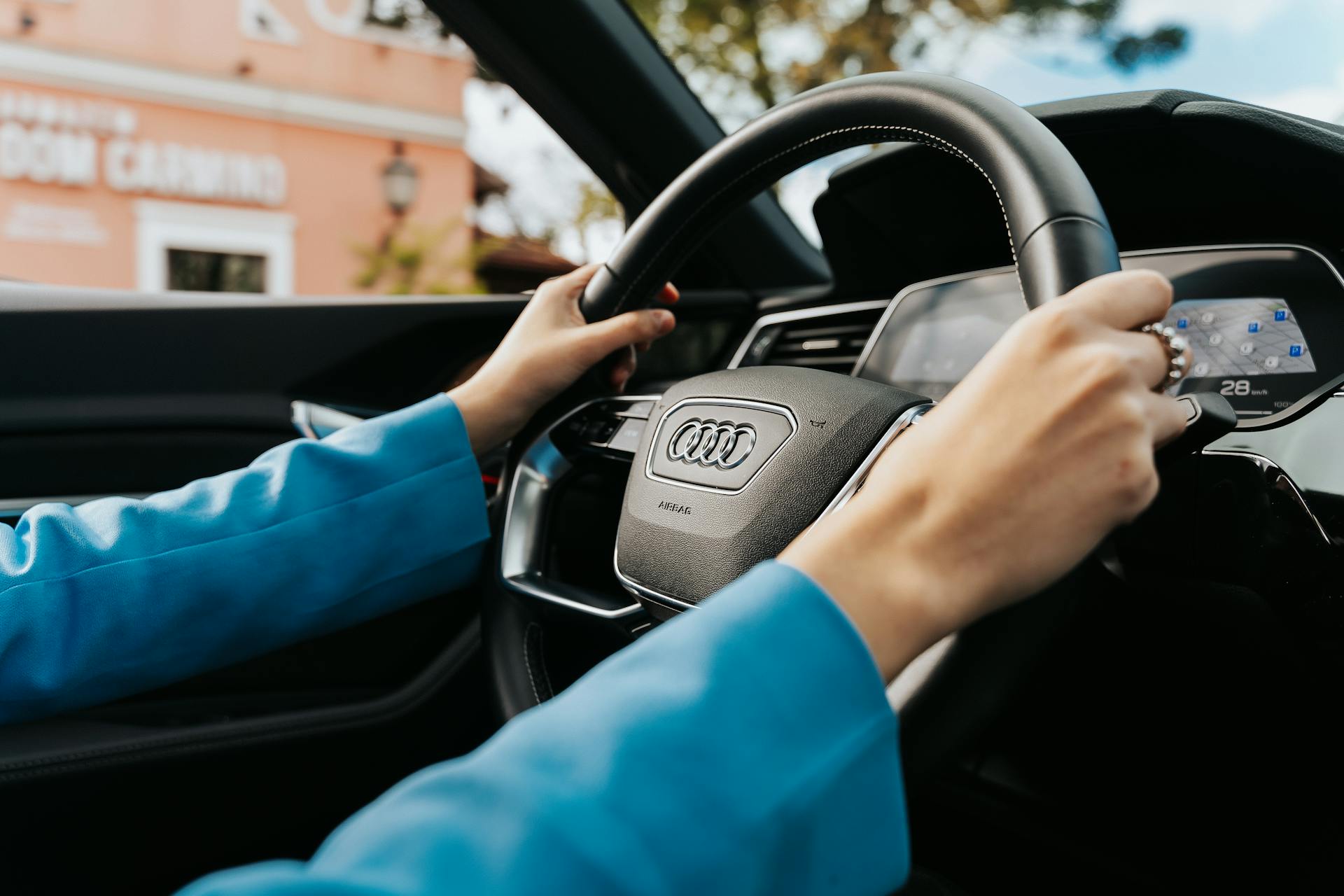
A woman driving a car | Source: Pexels
She took one look at me and asked what was wrong.
At that point, I broke down and told her everything.
I told her about the endless chores despite the chemo, the stolen food benefits, the constant text messages demanding I run errands while hooked up to an IV. And finally, the car she’d sold without my permission.
Mara’s face turned red with fury in seconds.
“Lena, this isn’t just unfair,” she said. “This is exploitation. She’s treating you like a servant while you’re literally fighting for your life. You can’t stay here.”

A close-up shot of a woman’s face | Source: Midjourney
“I don’t have anywhere else to go.”
“Yes, you do. You’re coming home with me. Right now. We’re packing your things and getting you out of here.”
And that’s exactly what happened.
***
Mara sat with me in her apartment that first night, made me tea I could actually keep down, and listened as I cried out months of exhaustion and fear.

An upset woman | Source: Pexels
For the first time since my diagnosis, I felt safe. I could sleep without my phone buzzing with demands. I could rest without worrying about what list would be waiting for me in the morning.
But Mara wasn’t satisfied with just giving me shelter. She was angry.
“What she did wasn’t just mean, Lena. It was illegal,” Mara said the next day. “She sold your car without permission. She stole your food benefits that were meant to help you survive treatment. This is financial exploitation, and we’re reporting it.”

A woman talking to her friend | Source: Midjourney
I was terrified at first.
You see, my mother had spent my entire life convincing me that no one would ever take my side and that I was the problem. She made me believe that I should be grateful for whatever scraps of attention she threw my way.
But Mara helped me file reports with both the police and social services. She sat with me during every phone call, held my hand during every interview, and refused to let me minimize what had happened.
The officer who took my statement didn’t dismiss me.
“This is clear financial exploitation of a vulnerable adult,” he said. “We’re going to investigate this fully.”
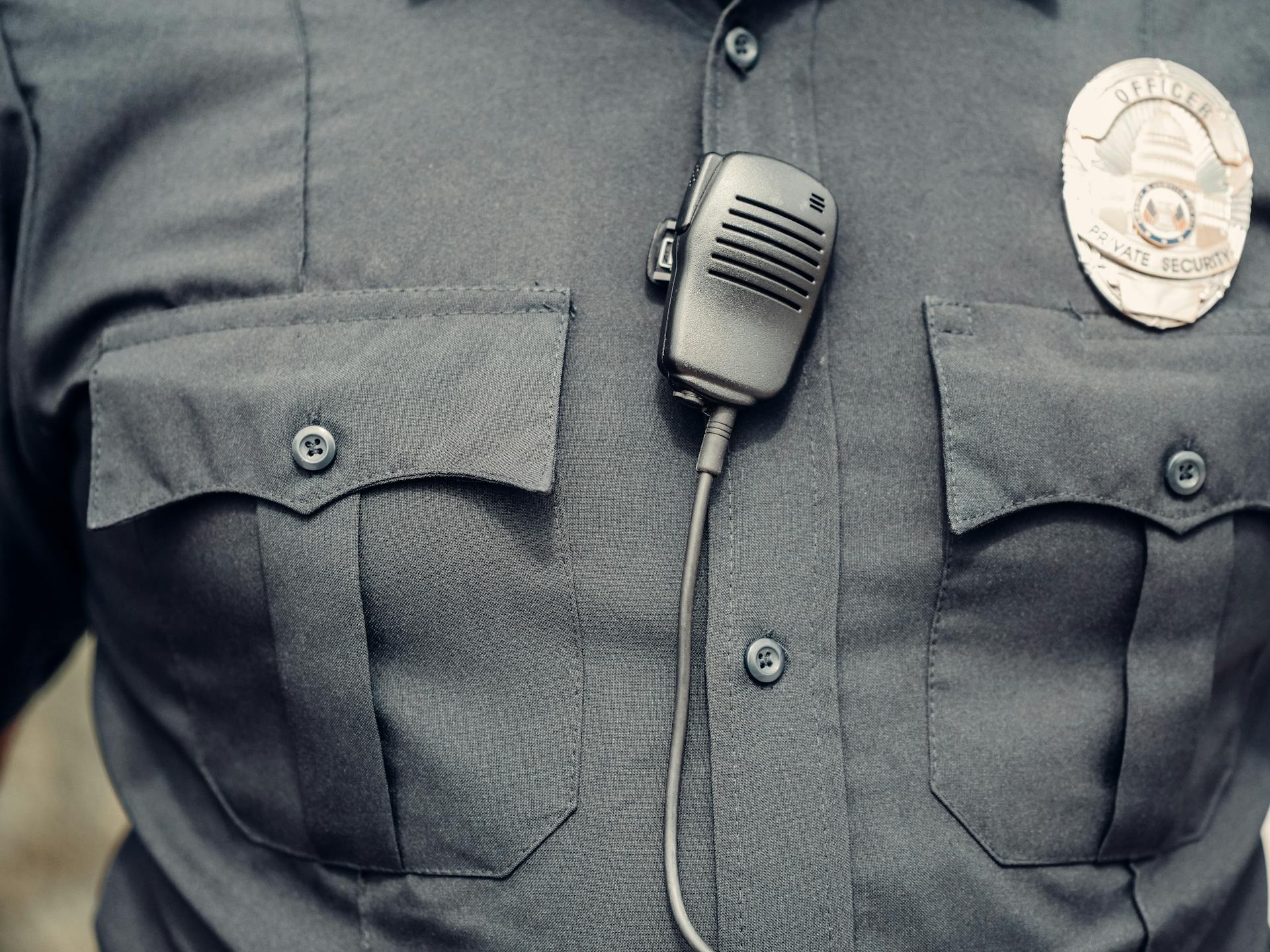
A close-up shot of an officer’s uniform | Source: Pexels
The investigation moved quickly. My mother couldn’t prove she had any legal right to sell my car, and the misuse of my SNAP benefits was documented and undeniable.
Within two weeks, social services demanded she repay what she’d stolen and permanently removed her access to my account. They also warned her that any further violations could result in criminal charges and heavy fines.
Then came the knock on Mara’s apartment door.
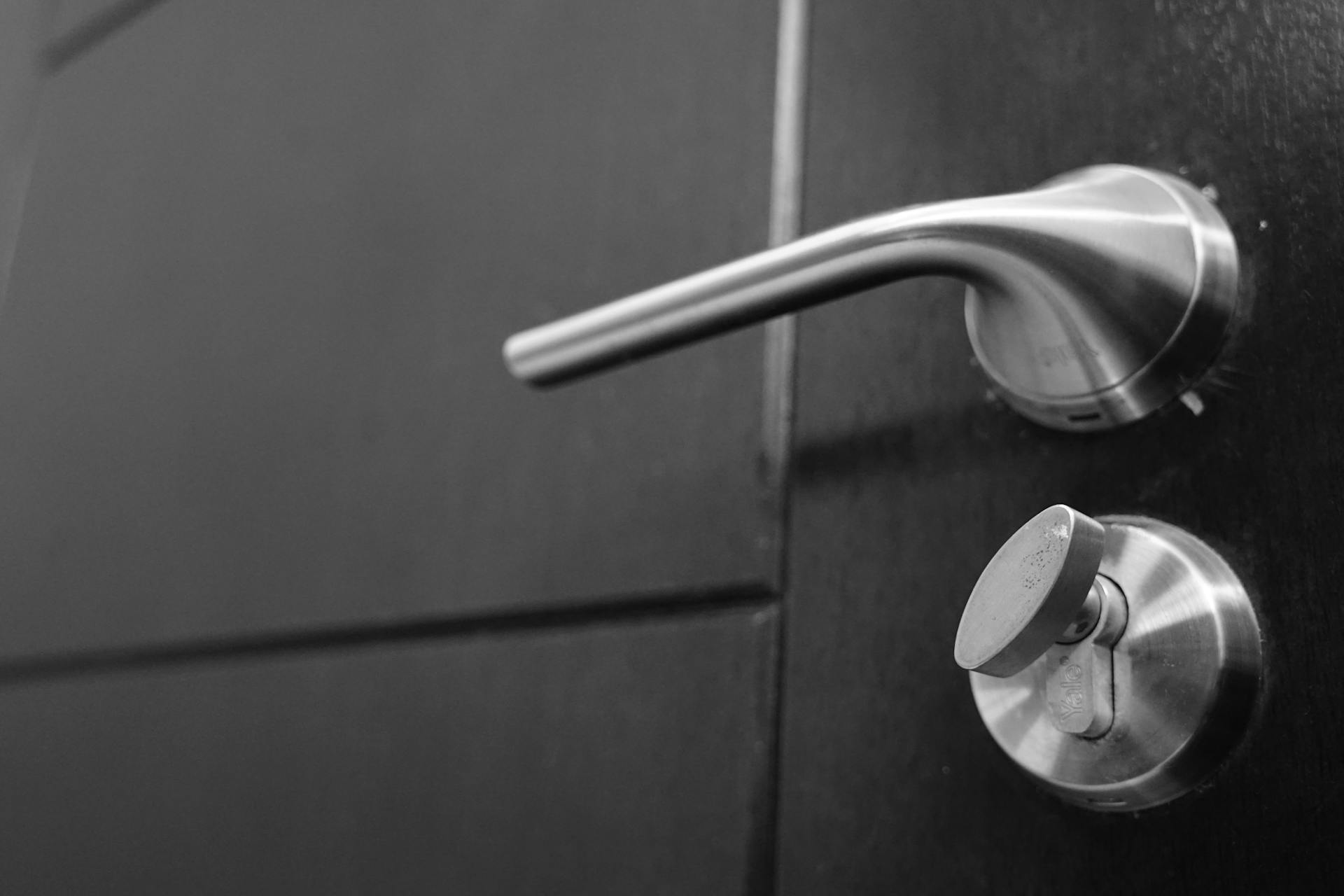
A doorknob | Source: Pexels
I knew it was Mom before Mara even opened it. My whole body tensed up, but this time, I wasn’t alone.
Mom stood in the hallway with her arms crossed. She didn’t look sorry or regretful. She looked furious that she’d been caught.
“What did you do?” she hissed, her eyes locked on me. “Is this your doing? They’re saying I owe money back, that I can’t access the benefits anymore, and that I sold the car illegally. Do you realize what you’ve done to me?”
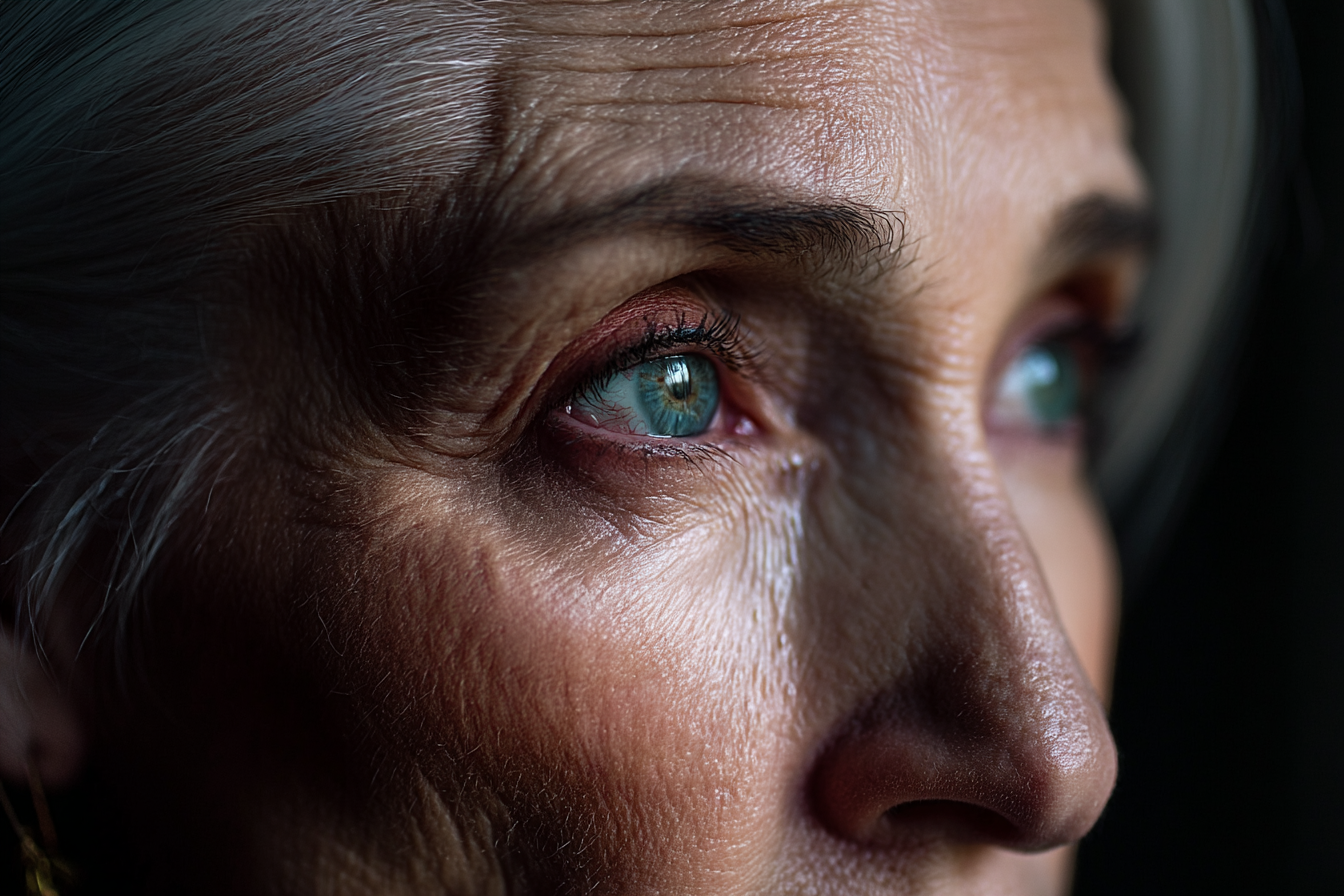
A close-up shot of an older woman’s eyes | Source: Midjourney
She stepped forward, pointing her finger at me like a weapon. “You need to come back home right now and fix this. After everything I’ve done for you, this is how you repay me? You’re selfish. You’re ungrateful. I gave you a roof over your head, food to eat, and this is the thanks I get? You’ve ruined everything!”
Her words were designed to wound, manipulate, and make me crumble the way I always had.
But standing there in Mara’s doorway, I finally heard them for what they really were. Her words were desperate attempts to maintain control and fury at losing power over me.
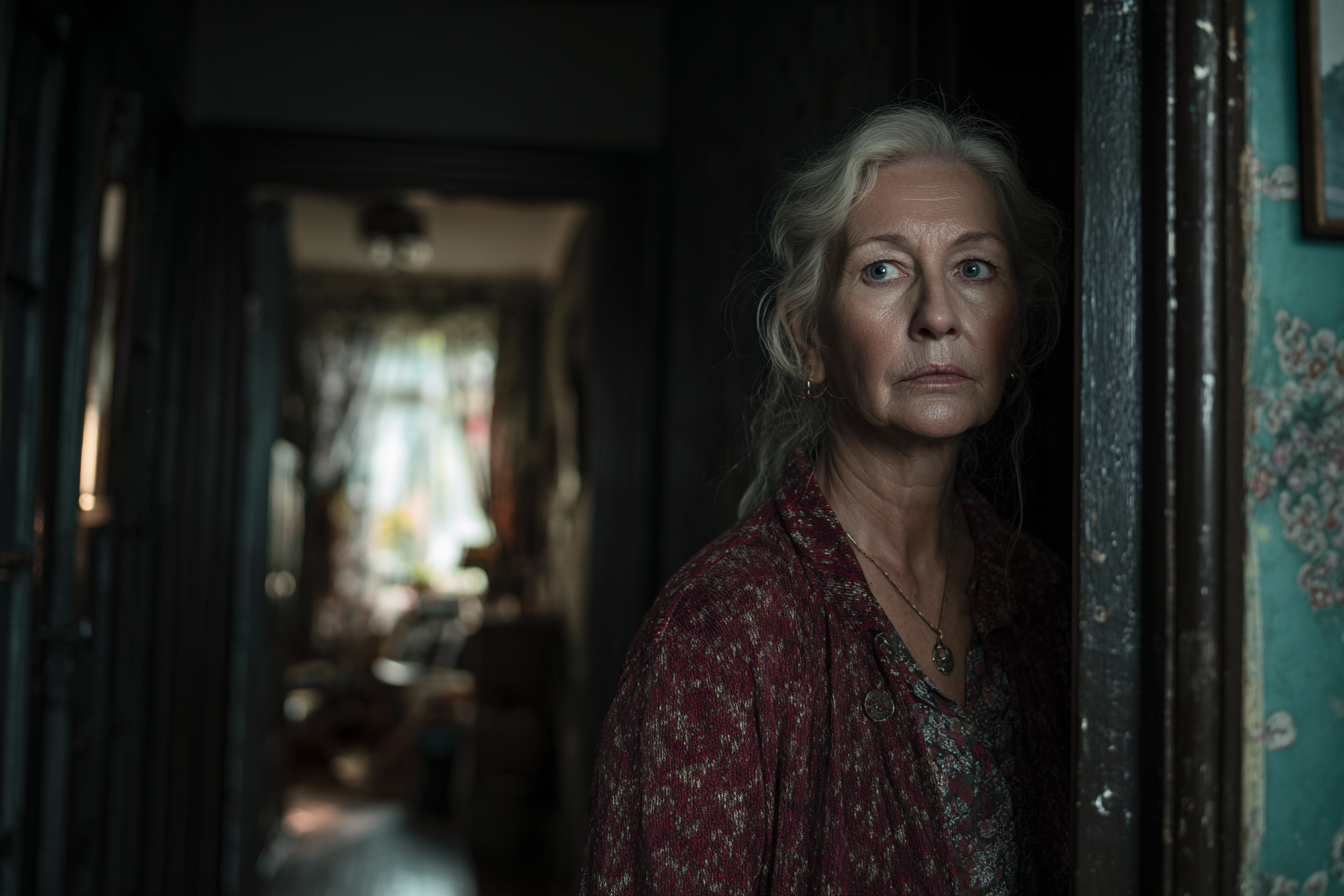
An older woman standing near a door | Source: Midjourney
I took a breath and found my voice. “No. I’m not coming back. You don’t own me. And you’re going to face the consequences of what you did.”
Her eyes widened, shocked that I’d dared to defy her. She started shouting again, calling me names, threatening that I’d regret this choice. But Mara stepped between us and calmly shut the door.
The shouting continued from the hallway for a few minutes, then faded as she finally left.
For the first time in my life, I realized the truth: she hadn’t lost me because of cancer. She lost me because she chose control over compassion and exploitation over love.

A woman looking down | Source: Pexels
Since that night, I haven’t looked back.
Social services officially removed my mother as my representative and restored full control of my benefits to me. The car situation is still tied up in legal proceedings, but at least it’s being investigated as theft. She was forced to repay the SNAP money she misused, and the agency made it clear that any further violations would result in serious consequences.
She still tries to call sometimes. Some days the voicemails are apologetic; other days they’re venomous. But I don’t listen anymore.
Her voice doesn’t get to control me.
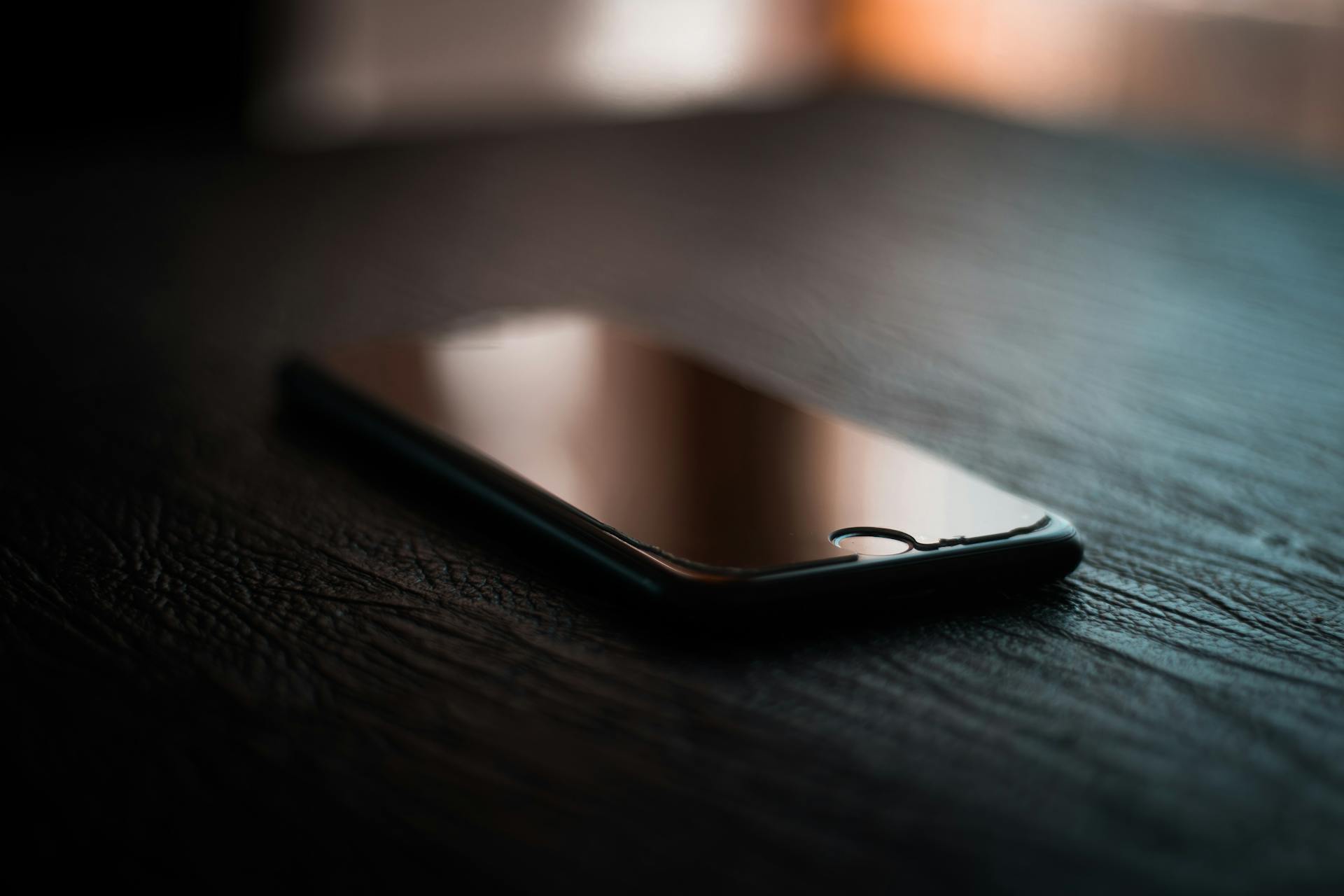
A phone on a table | Source: Pexels
To be honest, cancer has taken so much from me, including my strength, my hair, my energy, and months of my life. But I refuse to let her take my dignity too.
Living with Mara, I’m finally starting to heal. Not just physically, but emotionally. The part of me that thought I had to accept cruelty because it came from family is slowly learning that I deserved better all along.
My mother lost me long before the agencies stepped in. She lost me the moment she saw me as a servant instead of her sick daughter. No fine or penalty will ever change that.
If you enjoyed reading this story, here’s another one you might like: When my 17-year-old sister ate cinnamon rolls meant for a cancer patient’s family, I thought my wife, Hannah, would just get over it. Instead, she changed our locks, filed a police report, and took my sister to court. I never saw the revenge coming.
